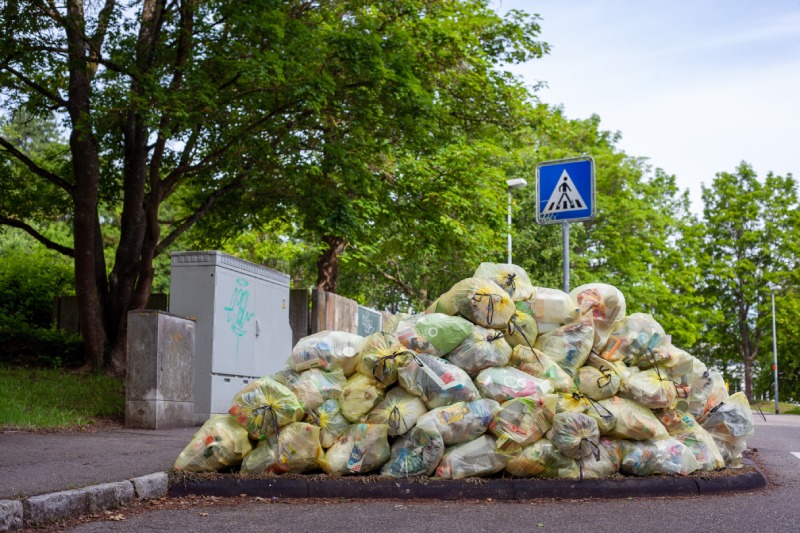Food is not just sustenance; it’s a precious resource that fuels our bodies, economies, and ecosystems. However, a staggering amount of this valuable resource goes to waste every year, leading to dire environmental and social consequences. In this article, we delve into the hidden impacts of food waste, exploring how it affects our planet and communities. Let’s take a closer look.

The Shocking Reality of Food Waste
It might surprise you to learn that approximately one-third of all food produced for human consumption is lost or wasted globally. This amounts to an astonishing 1.3 billion tons of food each year. This wasted food not only represents an inefficient use of resources but also has far-reaching consequences for both the environment and society.
Environmental Impacts
1. Resource Depletion
The production of food requires a significant allocation of resources such as water, land, and energy. When food goes to waste, these resources are essentially squandered. To put it into perspective, every 1 kg of beef wasted is equivalent to 15,000 liters of water gone to waste. This resource depletion exacerbates issues like water scarcity and deforestation.
2. Greenhouse Gas Emissions
Food waste contributes to 8% of global greenhouse gas emissions. As discarded food rots in landfills, it releases methane, a potent greenhouse gas that is about 25 times more potent than carbon dioxide in terms of its heat-trapping abilities. By reducing food waste, we can make a significant dent in mitigating climate change.
Social Impacts
1. Hunger and Food Insecurity
While vast amounts of food are wasted, millions of people around the world go to bed hungry. Food waste perpetuates a paradoxical situation where abundance and scarcity coexist. By redistributing just a portion of the food that goes to waste, we could make substantial progress in alleviating global hunger and food insecurity.
2. Economic Losses
The economic toll of food waste is immense. In developed countries, consumers waste nearly as much food as the entire net food production of sub-Saharan Africa. This not only translates into lost income for producers but also affects consumers who spend more than necessary on food. Moreover, the costs associated with collecting, transporting, and disposing of food waste burden local governments and waste management systems.
Solutions: A Path Forward
1. Consumer Awareness and Education
Raising awareness about the consequences of food waste is crucial. By educating consumers about the environmental and social impacts, individuals can make more informed choices about their consumption habits.
2. Improved Food Distribution and Storage
A significant portion of food waste occurs due to improper storage and distribution. Investments in better storage facilities, transportation networks, and cold chain technologies can help reduce spoilage and waste throughout the supply chain.
3. Redefining Beauty Standards
Aesthetic standards set by retailers often result in the rejection of “imperfect” or “ugly” produce. By challenging these beauty norms, we can prevent tons of edible food from being discarded based solely on appearance.
Food Waste by Numbers: A Glimpse
| Type of Food | Annual Global Waste (Million Tons) | Equivalent CO2 Emissions (Million Tons) |
|---|---|---|
| Fruits and Vegetables | 520 | 800 |
| Dairy Products | 275 | 600 |
| Meat | 75 | 900 |
Conclusion
Food waste is a pressing issue that demands our attention. Its far-reaching impacts on the environment and society cannot be ignored any longer. As consumers, producers, and policymakers, we all have a role to play in reducing food waste. By implementing sustainable practices and fostering a mindset of responsibility, we can unlock the full potential of the food we produce and make a positive impact on the planet and its inhabitants. Remember, every bite counts, and every bit saved contributes to a more sustainable future.




